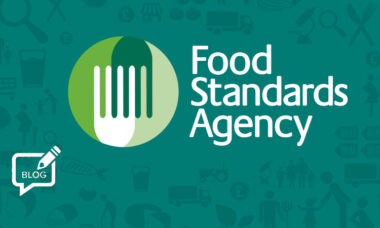 Rumours are swirling that the UK Food Standards Agency (FSA) will soon publish an updated, completed list of CBD novel food applications that have been fully validated.
Rumours are swirling that the UK Food Standards Agency (FSA) will soon publish an updated, completed list of CBD novel food applications that have been fully validated.
If the rumours are to be believed, the publication is “imminent”, with a likely date for publication ranging from now to the end of February, depending on the rumour. It should be noted that this is not the first time a list has been imminently expected from the FSA, with previous rumours of publication at the end of 2021, in the autumn of 2021 and at the end of summer – with varying degrees of believability – all passing without change.
If this was to be the time the rumours finally proved correct and a list was published, it would theoretically mean enforcement action could start against products on the market that have not engaged in the process to be granted novel food approval.
“Only products on the list [of validated applications] will be able to stay on the market, while those not included will have to be taken off sale,” said the Association for the Cannabinoid Industry (ACI). “It is anticipated that trading standards officers will apply the new rules immediately, which means companies that continue to sell unlisted CBD products will be putting themselves at risk of enforcement action.”
A challenge for Trading Standards
Originally the FSA had planned to support enforcement action against any products on the market without novel food authorisation but to ask enforcement authorities to apply a degree of discretion when it came to enforcement against companies cooperating with the FSA and working towards achieving authorisation.
That has apparently changed. Official FSA advice now states: “After 31st March 2021, only products which were on the market at the time of our announcement on CBD (13th February 2020) and for which the FSA has received an application which is subsequently validated or agreed as sufficiently progressing towards validation will be allowed to remain on the market.”
Still policing the wide variety of products and number of brands that make up the UK CBD market will be extremely difficult for Trading Standards (TS) officers, who are likely to be completely unfamiliar with the sector. Pressure on limited resources and personnel will also have to make TS officials choose priorities and the novel food status of CBD may pale in the face of other concerns such as black-market tobacco, bootleg alcohol and potentially dangerous goods.
Nonetheless, the ACI is keen to do what it can to help its members by reformatting any data provided by the FSA into a more easily accessible and readable list of validated applications that it will place on a dedicated website, UKCBDList.com.
Such a resource will make the jobs of TS officials easier. And if complaints come in about products that should not be on the market –most likely from those that have spent the money, time, effort and resources to try to be in compliance by submitting a novel food dossier – then TS may well take some action.
– Freddie Dawson CBD-Intel staff







